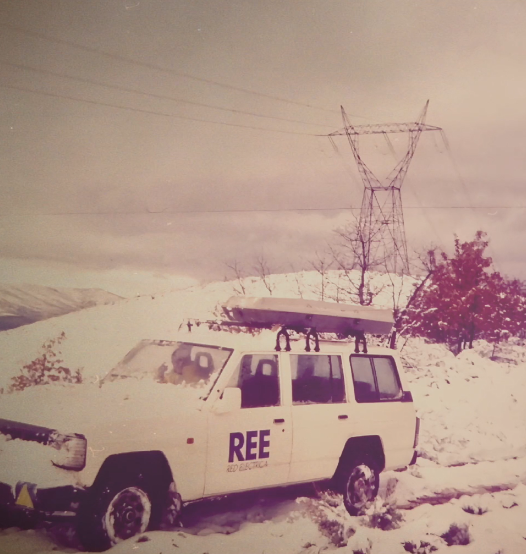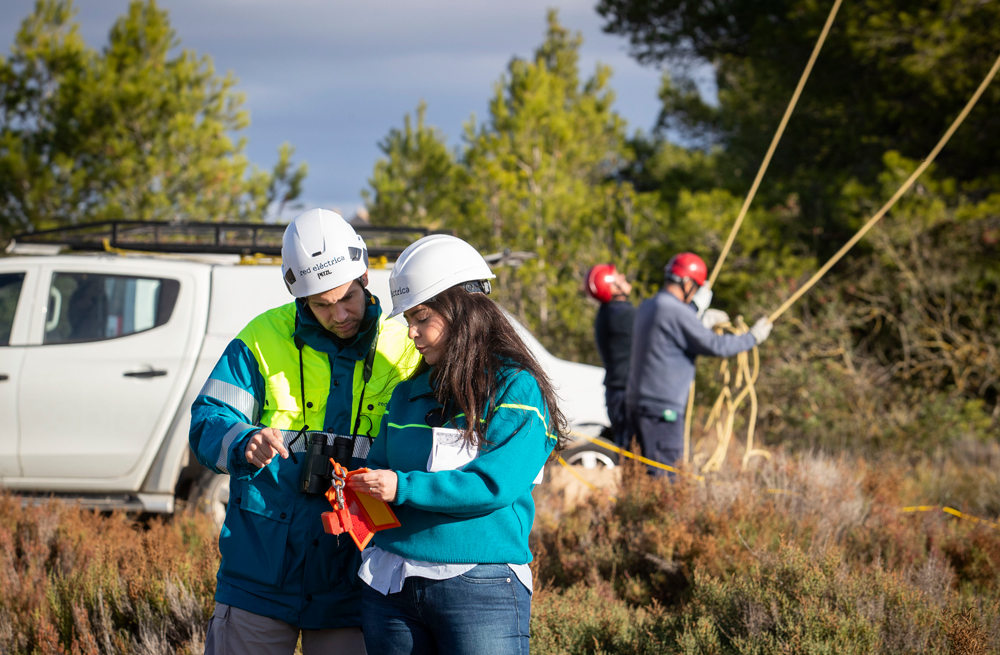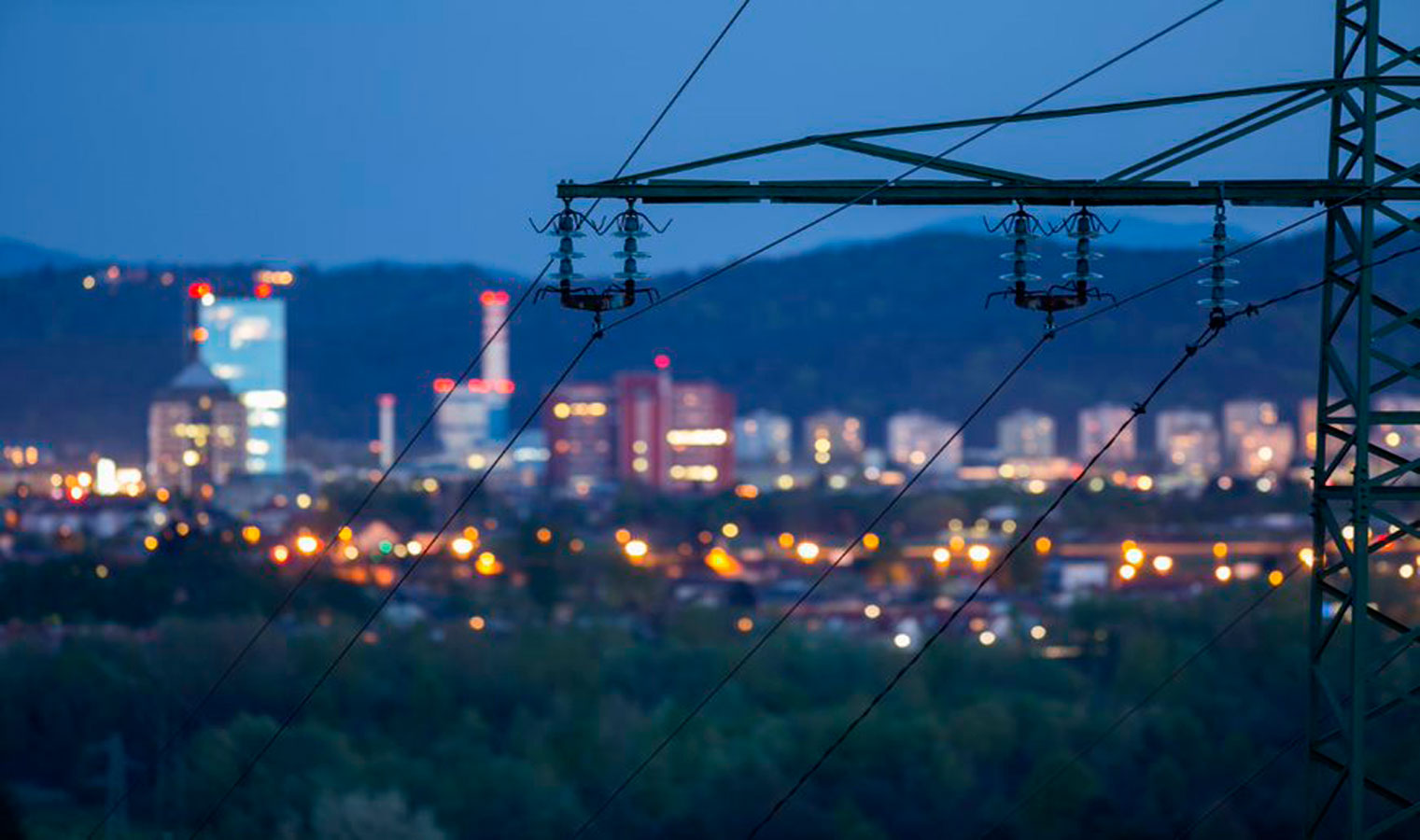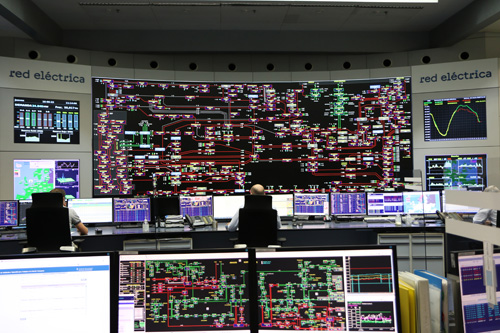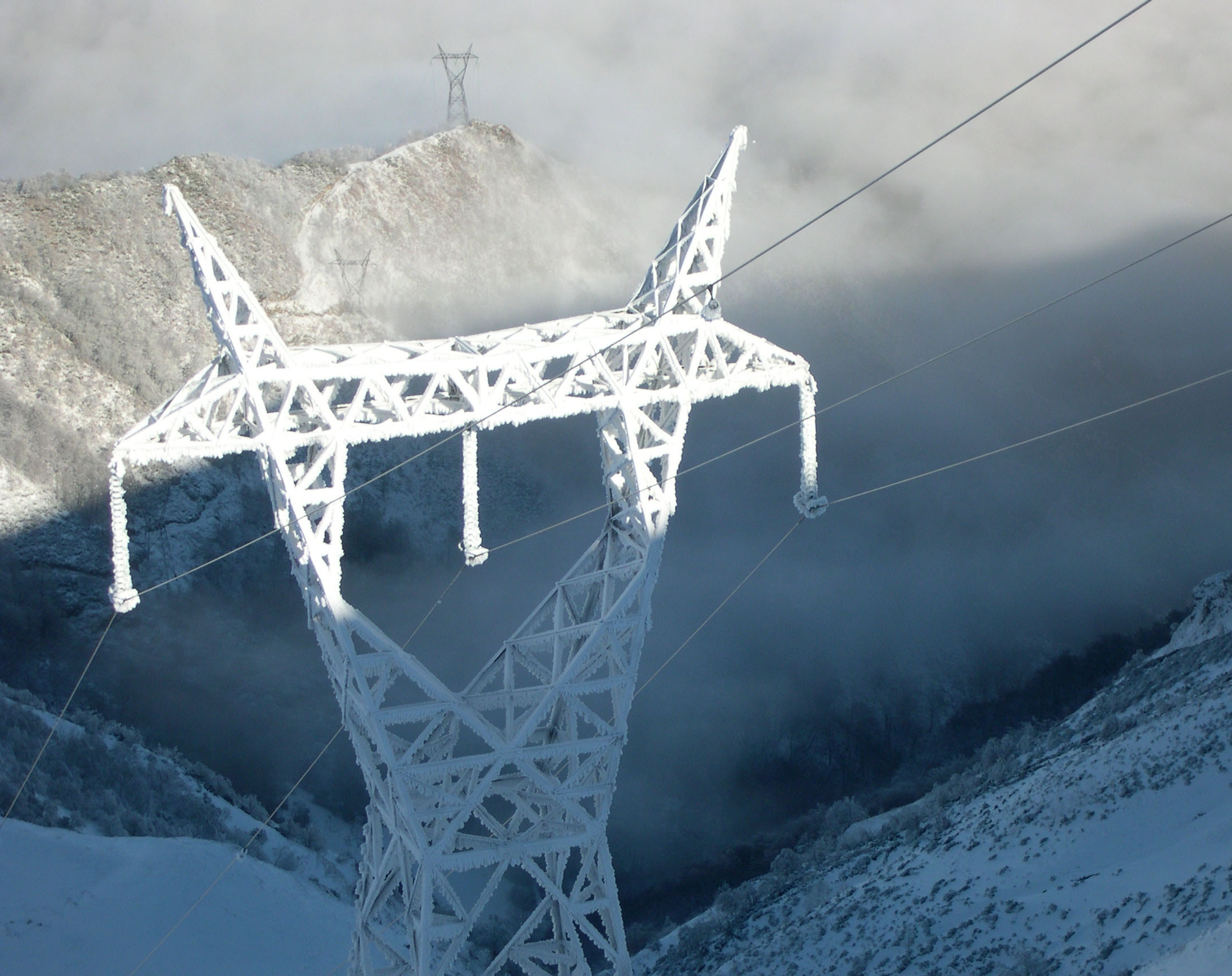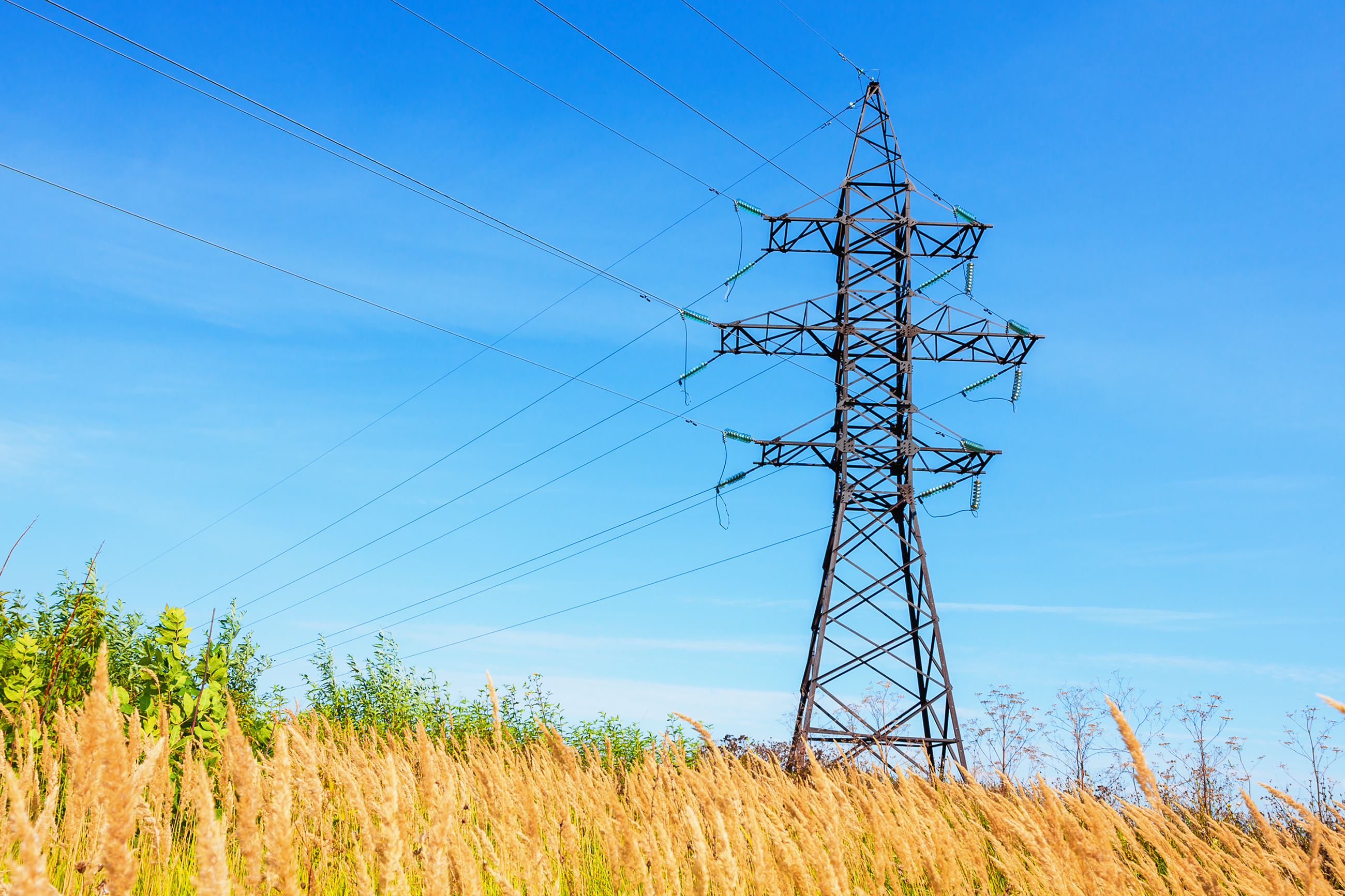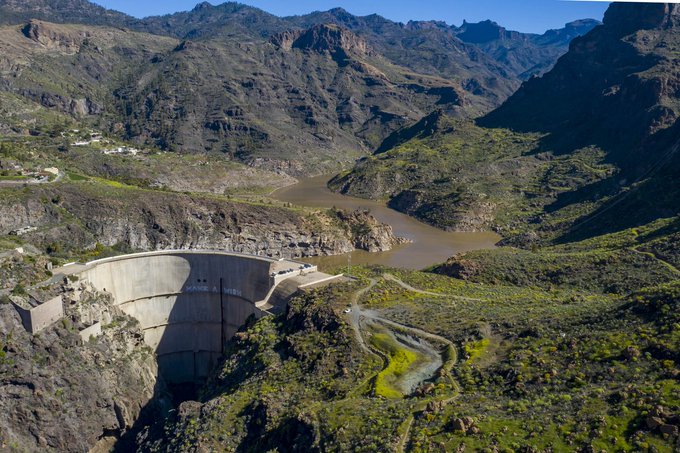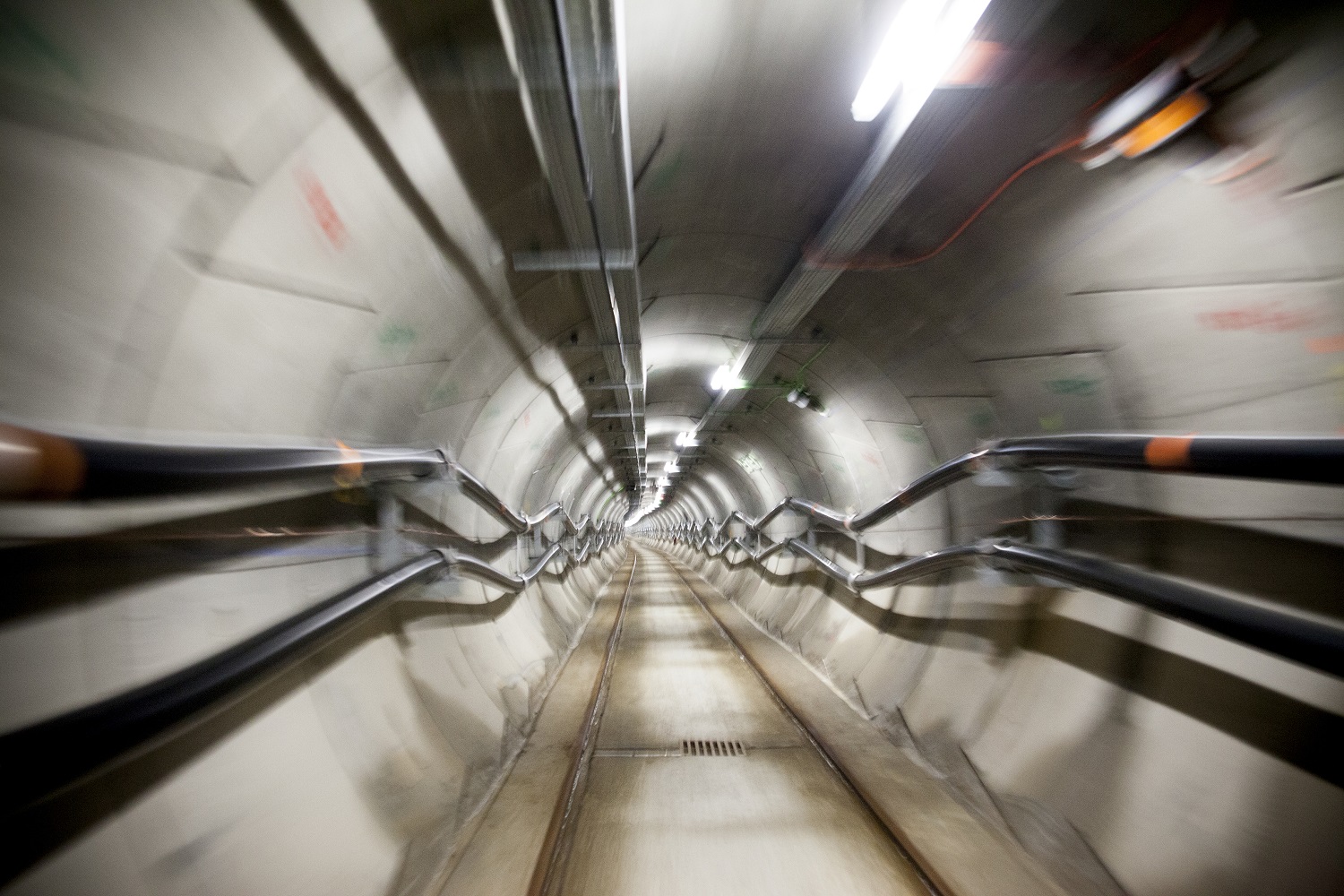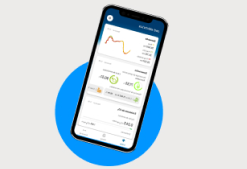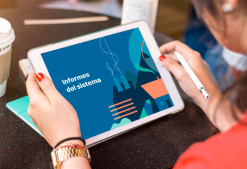For 40 years, we've been driving our country's economic and social progress. Four decades shaping Spain.
Red Eléctrica, Prize Winner at La Noche de la Energía (Energy Night)
- The Origen project, which won the Best Energy Digitisation Initiative award, is an innovative asset digitisation system designed to optimise transmission grid management.
- The Automatic Power Reduction System (Sistema de Reducción Automática de Potencia - SRAP), which provides the system operator with greater flexibility in managing renewables, was a finalist in the Best Net Zero Initiative category.
The Origen project, a system developed by Red Eléctrica for the digitisation of assets in the electricity transmission grid, has won the Best Energy Digitisation Initiative Award at La Noche de la Energía, an award promoted by El Periódico de la Energía that recognises the best actions in the sector.
Thus, this Red Eléctrica project generates, organises, and classifies information from the source – the process or person that creates it – in the most efficient way possible, until the information is interconnected and mechanisms are established to guarantee data quality. This, together with its context, results in reliable and interrelated information, which can be accessed and shared swiftly.
The transformation that Red Eléctrica has initiated in structural asset information management involves establishing a single point of access, with data models adapted to the needs of the entire life cycle, the type of asset, and the stakeholders.
SRAP, a mechanism to enhance the flexibility of system operation using renewables
Additionally, the Automatic Power Reduction System (SRAP) was a finalist in the Net Zero category of La Noche de la Energía, as it is a system that aims to enhance the flexibility of system operation and requires virtually no investment from generation facilities to participate.
Thus, the system can send real-time derating orders only to the specific essential generation asset to reduce overloads, and only if the failure of the network element causing the overloads actually occurs.
This type of solution is essential due to Spain’s commitment to the European energy and climate targets for 2030, which has resulted in a significant increase in installed renewable capacity, now accounting for more than 60% of the total installed capacity. This shift has revolutionised the Spanish production mix: so far in 2024, more than 60% of all GWh generated have come from water, sun, and wind, three inexhaustible natural resources.
